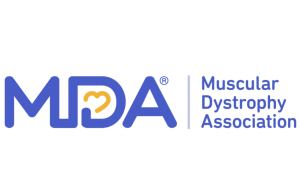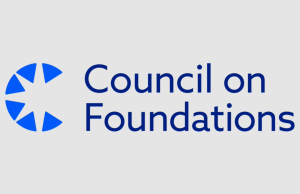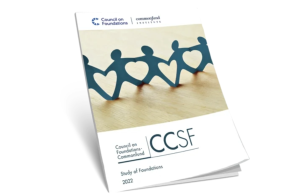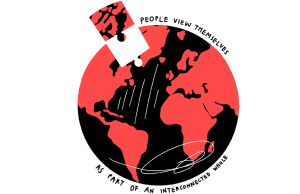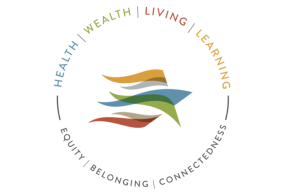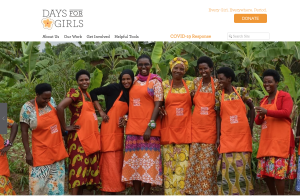Managers at a majority of endowments and foundations (55 percent) polled by Boston-based research firm NEPC, expect a severe recession similar to that of 2008. Some 41 percent of respondents are more optimistic and expect a short, sharp COVID-19-driven recession followed by a strong recovery.
The majority of respondents (61 percent) are rebalancing their portfolios in response to recent market moves, with 14 percent working to raise additional cash and 13 percent reducing their overall risk exposure. Only 7 percent of all respondents indicated they are taking no action at all.
And, 61 percent of respondents are taking immediate action to reduce their costs, expenses, and spending rate to protect the corpus.
The survey was conducted online by NEPC’s Endowments and Foundations Practice Group in March 2020 amid the COVID-19 outbreak. It had 105 respondents across education endowments and community, family, private, and public charity foundations.
Education foundations, in particular, are working to reduce their costs and expenses. Some 57 percent of these respondents indicated they are reducing their costs, most likely to reposition for a more volatile future. This compares to the 11 percent of organizations that are increasing their spending rate to further support ongoing operations.
“Our survey highlights a slight disconnect between endowments’ and foundations’ recession outlook and what the market has been experiencing the past two months,” said Kristin Reynolds, partner and co-leader of NEPC’s Endowment and Foundation practice.
The nonprofit sector is taking action to support organizations and individuals impacted by the pandemic. More than one-quarter of private and community foundations (28 percent) are redirecting grants to help address COVID-19 challenges.
Meanwhile, a diverse coalition of individuals, companies, and foundations have rallied to mobilize $536.6 million to support community foundation-led COVID-19 relief efforts across the United States. That figure includes funds managed by more than 325 community foundations in all 50 states that have provided statistics to the Community Foundation Public Awareness Initiative.
Much of that money is already at work in communities — with more to come over the coming weeks. To date, community foundations have granted nearly $175 million to nonprofits working to provide food, shelter and other basic needs; help schools purchase and distribute computers to students who would otherwise not be able to access distance learning programs, and offer a long list of other critical services.
The largest of these funds, The NYC Covid-19 Response & Impact Fund in The New York Community Trust, has already provided $44 million in grants and interest-free loans to 276 New York City-based social services and arts and cultural nonprofits affected by the coronavirus public health crisis – with additional funding to be announced in the coming weeks.
Foundations, individuals, and companies have contributed more than $92 million to the fund to help the city that has been most adversely impacted by coronavirus. In New Jersey, another COVID-19 hotspot, a statewide effort managed by the Community Foundation of New Jersey has generated more than $20 million to help those impacted. Of that total, nearly $2.9 million has been granted during the past two weeks.
“Market downturns can often have a negative impact on giving,” said Hans Dekker, president of the Community Foundation of New Jersey. “But by combining the available resources in our communities, including our own and those of our donor-advised fund holders, we’re able to multiply the impact we have at a critical time. In times like these, community foundations have a unique multiplier effect that yields greater support for people and communities in need.”
The Community Foundation for Greater Atlanta, like many of its peers around the country, recognized the looming need early on and moved quickly to partner with the United Way of Greater Atlanta. “Atlanta already carried the burden as the nation’s number one center for income equality and lack of equitable access to basic needs and services for so many. The COVID-19 crisis has absolutely exacerbated those challenges,” said Alicia Philipp, the foundation’s president. “We immediately partnered with the United Way who was already on the frontlines of these issues, and with support from well-regarded family foundations, corporate and private foundations, we were able to mobilize millions quickly to make a difference in the lives of the most vulnerable,” she said.
During the past three weeks, the foundation has distributed $10.5 million to 62 nonprofits through its relief fund and opened an application process for arts organizations to receive critical support.
The Community Foundation Public Awareness Initiative relies on data reported by community foundations, news reports, and other communications to provide reporting about the field’s collective response to COVID-19. It is also working with partner organizations such as Candid, the Council on Foundations, GivingCompass, and the National Center for Family Philanthropy to identify new funds and verify information. It includes more than 120 community foundations in 47 states.




